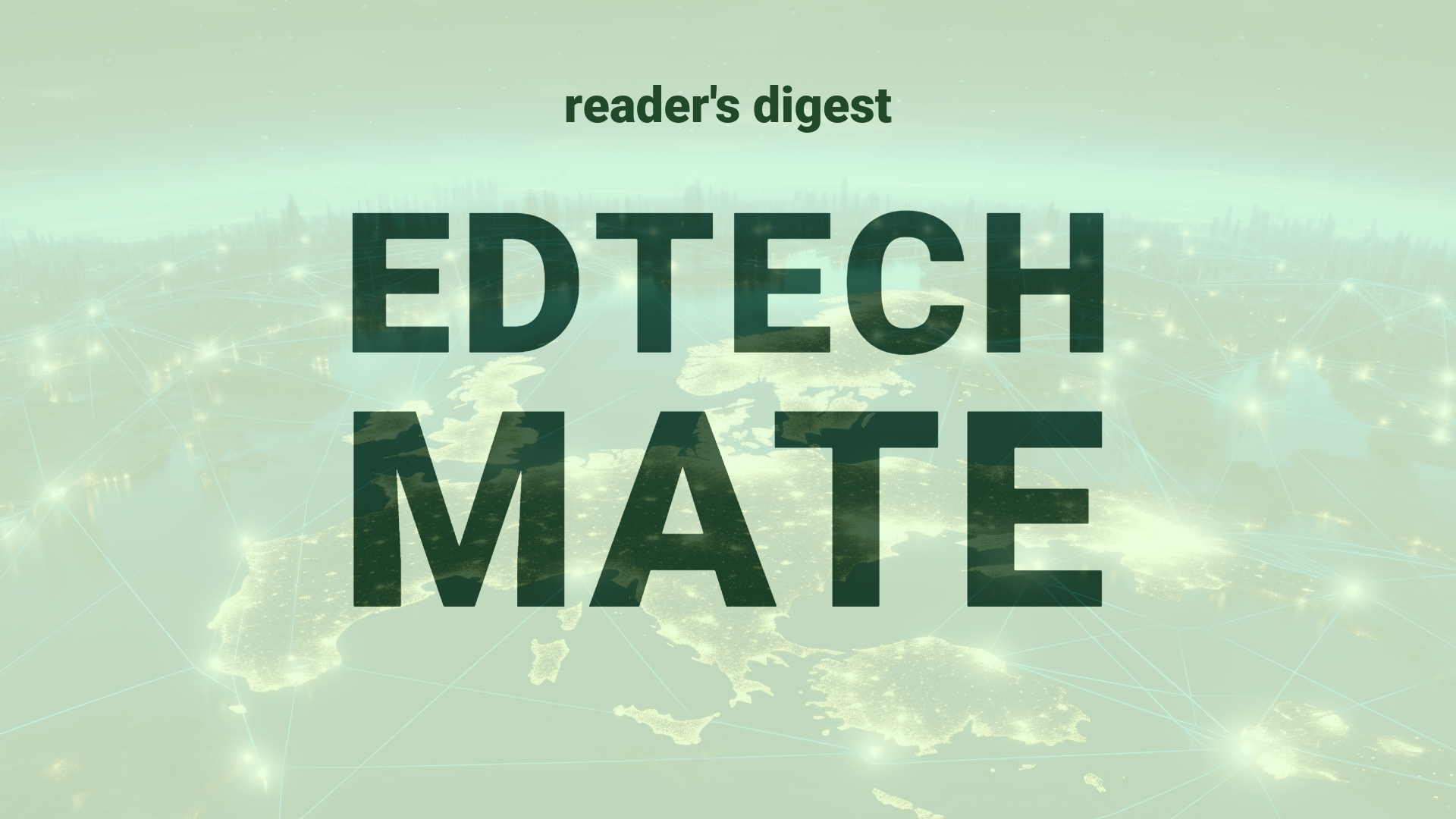Executive Summary and Main Points
The Federal Trade Commission’s (FTC) recent rule banning noncompete clauses represents a pivotal shift in U.S. labor policy. Broadly defining ‘worker’ and ‘noncompete’, the rule aims to enhance labor mobility and prevent unfair methods of competition. Notably, the rule permits senior executives earning above $151,164 to maintain existing noncompete agreements, impacting less than 1% of the workforce. The shift is projected to increase wages significantly, spur innovation and startups, and potentially reduce healthcare costs by weakening market consolidation.
Potential Impact in the Education Sector
The abolishment of noncompete clauses could dramatically influence Further Education and Higher Education, empowering academic institutions to form strategic partnerships without constraints on talent flow. This mobility may enhance inter-institutional collaboration and innovation. As for Micro-credentials, the relaxed restrictions could enable a more dynamic market with richer collaborative prospects across institutions for both educators and learners. Digitalization, at the core of this transformation, stands to benefit from the cross-pollination of ideas and the increased competitiveness in providing cutting-edge education technology.
Potential Applicability in the Education Sector
The FTC’s rule encourages the use of Artificial Intelligence (AI) and digital tools, urging educators to leverage these technologies for talent acquisition and retention. The education sector could utilize AI-driven platforms to match instructors with institutions, promoting a more vibrant exchange of knowledge. Additionally, digital collaboration and cloud-based tools could facilitate innovation and training, reinforcing a globally interconnected education system.
Criticism and Potential Shortfalls
While the FTC’s rule is seen by many as a progressive step, there are criticisms concerning its potential to dilute trade secret protection, and its reliance on a “one size fits all” federal approach over state-specific policies. From a global perspective, the effectiveness of such a policy may vary; for instance, in regions where noncompetes are upheld, innovation may not flourish as robustly compared to areas with more relaxed constraints. Furthermore, ethical and cultural implications arise in balancing the protection of business interests against the freedoms of the workforce, which could differently impact the international education landscape.
Actionable Recommendations
International education leadership should proactively establish policies that echo the ethos of the FTC’s rule. Focus on developing AI and digital competency, investing in technological infrastructure, and reviewing existing employment contracts for compliance and innovation potential. Educators should explore collaborations with academic institutions unfettered by noncompete norms, enabling a freer exchange of talent and educational resources. Strategically, education sectors should aim for a harmonious blend of protecting intellectual property while fostering an open market for academic talent and innovation.
Source article: https://hbr.org/2024/05/the-ftcs-noncompete-ban-was-long-overdue

